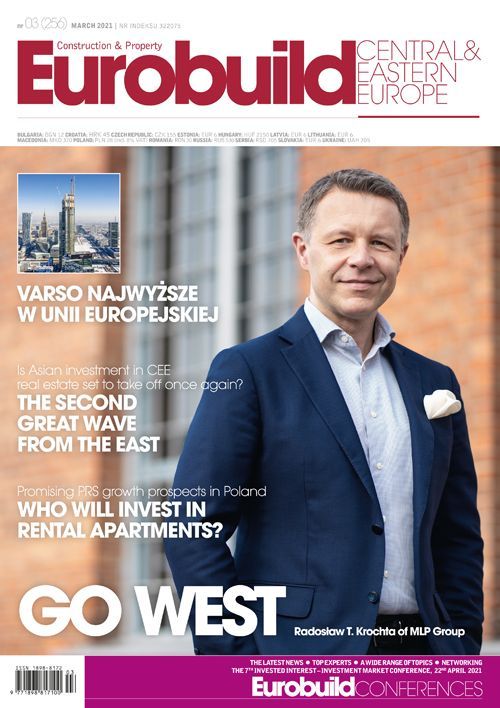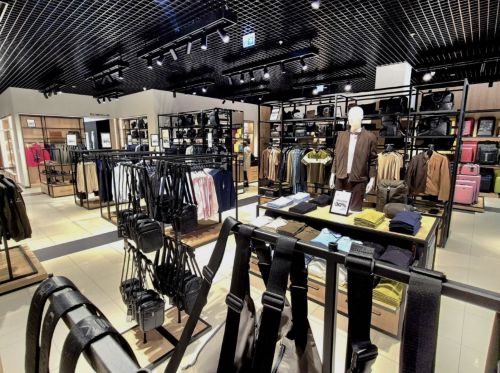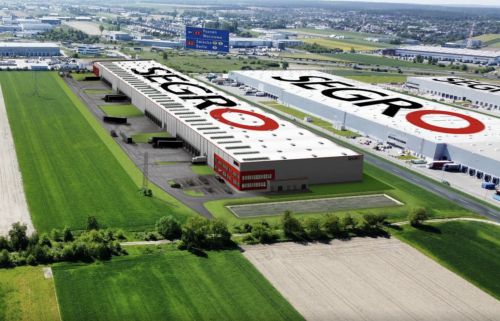When Warsaw Stock Exchange-listed developer MLP Group entered Germany in 2017, through the acquisition of 12.5 ha in Unna near Dortmund, it might have come as a bit of a shock to those who hadn’t been following the warehouse market particularly closely. This is a sector that had, up to this point, been moving in the opposite direction. It had been coming here from abroad for many years, with all the capital investment and know-how required to tap into the huge potential of the emerging Polish real estate market. Since then, one shining example of a company that originally established itself in Poland but has now built upon this largely through expansion into Germany, is warehouse developer MLP. According to the company’s CEO, Radosław T. Krochta, by 2023 its German portfolio will match its properties in Poland – both in terms of its income and value.
The Polish school of business
It’s worth noting that MLP’s Polish portfolio comprises twelve logistics parks, the first of w





























































